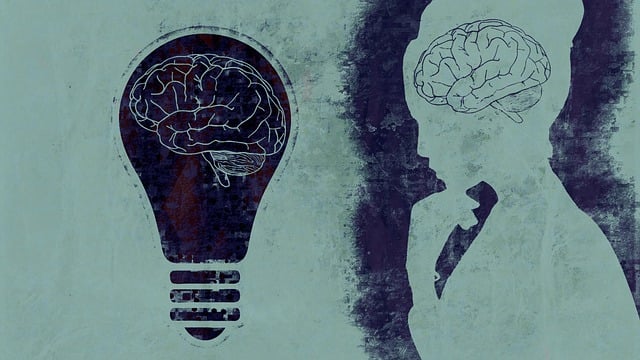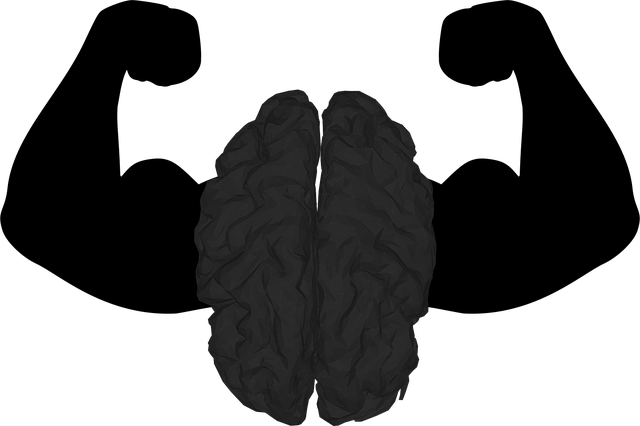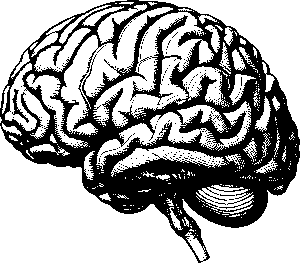Group mental health sessions offer a collaborative environment for individuals facing similar struggles, facilitated by trained professionals. These sessions focus on collective healing, active engagement, and open dialogue, fostering community and support. By creating safe, inclusive spaces with clear ground rules, facilitators encourage participants to share experiences openly and develop coping mechanisms through interactive activities like role-playing and art therapy. Effective communication, balanced personalities, and strict confidentiality policies enhance therapeutic outcomes, leading to improved emotional well-being, social skills, and mental health strategies, tracked through surveys and follow-up assessments.
Group mental health sessions offer a powerful collaborative approach to enhancing well-being. This article delves into the transformative power of group counseling, exploring its numerous benefits, from building supportive communities to fostering open discussions in a safe space. We provide insights for facilitators on effective communication strategies and challenge navigation. Discover interactive activities that boost engagement and learn key metrics for evaluating success in mental health counseling.
Understanding Group Mental Health Sessions: A Collaborative Approach

Group mental health sessions offer a collaborative and supportive environment for individuals to address their psychological well-being. Unlike one-on-one therapy, where the focus is on individual experiences and challenges, group counseling brings together people with similar struggles, fostering a sense of community. In these sessions, participants learn from each other’s journeys, sharing insights and strategies that can enhance their mental health.
The collaborative nature of group mental health sessions encourages active engagement. Members not only receive support but also contribute to the collective healing process. Facilitated by a trained mental health professional, these groups facilitate open dialogue, promote understanding, and provide a safe space to practice new coping mechanisms. This approach is particularly beneficial for those who may feel less overwhelmed in a group setting, allowing them to build resilience through shared experiences.
Benefits of Group Counseling: Building Community and Support

Group counseling sessions offer a unique and powerful approach to mental health support, fostering a sense of community among individuals facing similar challenges. One of the primary benefits is the opportunity it provides for individuals to connect with peers who understand their struggles. In a group setting, people can share their experiences, offering both comfort and validation, knowing they are not alone in their battles. This sense of belonging and mutual support can significantly enhance one’s overall well-being.
Moreover, group mental health counseling encourages the development of social skills and coping strategies through active participation. Members learn from each other’s perspectives, gain different insights, and build a network of support that extends beyond the session. It creates an environment where individuals feel accepted, fostering open communication and encouraging personal growth. This collective experience can be life-changing, providing a solid foundation for improved mental health and resilience.
Creating a Safe and Inclusive Environment for Open Discussion

Creating a safe and inclusive environment is paramount in group mental health sessions. This involves establishing ground rules that emphasize respect, confidentiality, and non-judgmental attitudes. Facilitators should encourage active participation while ensuring every member feels heard and valued, fostering an atmosphere where individuals can openly discuss their experiences without fear of stigma or rejection.
Incorporating interactive activities, anonymous sharing, and positive reinforcement techniques helps build trust and camaraderie within the group. These strategies not only promote vulnerability but also strengthen bonds, making it easier for members to support one another through shared struggles and triumphs in mental health counseling sessions.
Facilitating Effective Communication: Tips for Group Leaders

Effective communication is key to successful group mental health sessions. Group leaders play a vital role in fostering an environment where every member feels heard and valued. To facilitate this, leaders should encourage active listening by ensuring everyone has an opportunity to speak and practice empathy, understanding participants’ perspectives. Using open-ended questions can engage members and prompt meaningful discussions, allowing for a deeper exploration of shared experiences and insights.
Additionally, maintaining a non-judgmental attitude is essential. Leaders should create a safe space where individuals feel comfortable expressing their thoughts and emotions freely. This involves refraining from offering unsolicited advice and instead guiding participants towards self-discovery through reflective statements. By promoting open dialogue and fostering a supportive atmosphere, group leaders can enhance the overall effectiveness of mental health counseling sessions.
Addressing Common Challenges in Group Mental Health Sessions

In group mental health sessions, participants often face unique challenges that can hinder their progress. One common issue is the fear of judgment from peers, which may discourage individuals from sharing openly. This can be exacerbated by social anxiety or past experiences, making it crucial for facilitators to create a safe and non-judgmental space. Encouraging active participation through icebreakers, ground rules set by the group, and fostering an environment where everyone feels heard can significantly enhance the effectiveness of these sessions.
Another challenge is maintaining confidentiality, as participants may hesitate to share sensitive information if they worry about it being disclosed. Facilitators must clearly communicate confidentiality policies and ensure all members understand their rights. Additionally, managing different personalities and communication styles in a group setting requires adept facilitation skills. Balancing talkative individuals with more reserved ones is essential to create an inclusive dialogue where everyone benefits from mental health counseling.
Incorporating Interactive Activities to Enhance Engagement

Incorporating interactive activities into group mental health sessions significantly enhances engagement and therapeutic outcomes. Unlike traditional talk therapy, these activities offer a dynamic approach to counseling by encouraging active participation and fostering a sense of community among participants. Techniques such as role-playing, art therapy, and group exercises not only make sessions more enjoyable but also provide practical tools for managing stress, anxiety, or other mental health challenges. By tapping into diverse learning styles, interactive activities cater to visual, auditory, and kinesthetic learners, ensuring that each member of the group feels involved and supported.
This approach promotes a safer and more open environment where individuals can share their experiences, gain new perspectives, and build coping strategies collectively. Interactive elements also help break down barriers, encourage empathy, and strengthen interpersonal connections. As participants actively engage with one another, they develop a deeper understanding of each other’s struggles and victories, creating a supportive network that extends beyond the session room. This collective experience can lead to enhanced self-awareness, improved communication skills, and a renewed sense of hope in addressing mental health concerns through mental health counseling.
Measuring Success and Evaluating the Impact of Group Counseling

Measuring success in group mental health sessions is a multifaceted process that goes beyond simple attendance numbers. Effective evaluation involves assessing improvements in participants’ emotional well-being, social skills, and coping mechanisms. This can be achieved through pre- and post-session surveys, where individuals rate their levels of anxiety, depression, and overall life satisfaction. Additionally, qualitative feedback from members provides valuable insights into the group dynamic and individual progress.
The impact of group counseling extends beyond the immediate session. It’s crucial to track long-term outcomes, such as sustained reductions in stress levels, improved relationships, and enhanced mental health coping strategies. Regular follow-up assessments help gauge the longevity of benefits gained from group participation. This holistic approach ensures that the success of these sessions is not just temporary but contributes to lasting positive changes in individuals’ lives.
